History
Since the Kuwait-America Foundation was established in 1991, our organization has grown and our efforts have expanded, empowering individuals, supporting communities, and bolstering intercultural relationships at every step.
Explore some of our major milestones in the timeline below.

2020
In light of the deadly explosion that rocked Beirut, Lebanon on August 4th, the Kuwait-America Foundation partnered with Lebanese diaspora organizations, SEAL , LIFE, LebNet — joined by Jamhour Alumni (in Europe and the US) to form a unified humanitarian effort under the Beirut Emergency Fund 2020, collaborating with Impact Lebanon on the allocation and disbursement of funds. The partnership raised nearly $9 million for Lebanon.


2018
Do the Write Thing celebrates its 25th Anniversary and reaches 1,000,000 writings submitted by students. The goal of DtWT is to give ALL middle school students a chance to tell their story and share their insights into youth violence. Each year we strive to expand our ability to hear these young people by increasing the number of schools that participate in DtWT, by increasing the number of students in existing schools that participate and by increasing the number of cities that participate. In 2018 we reached the milestone of over 1,000,000 writings submitted since the inception of DtWT.
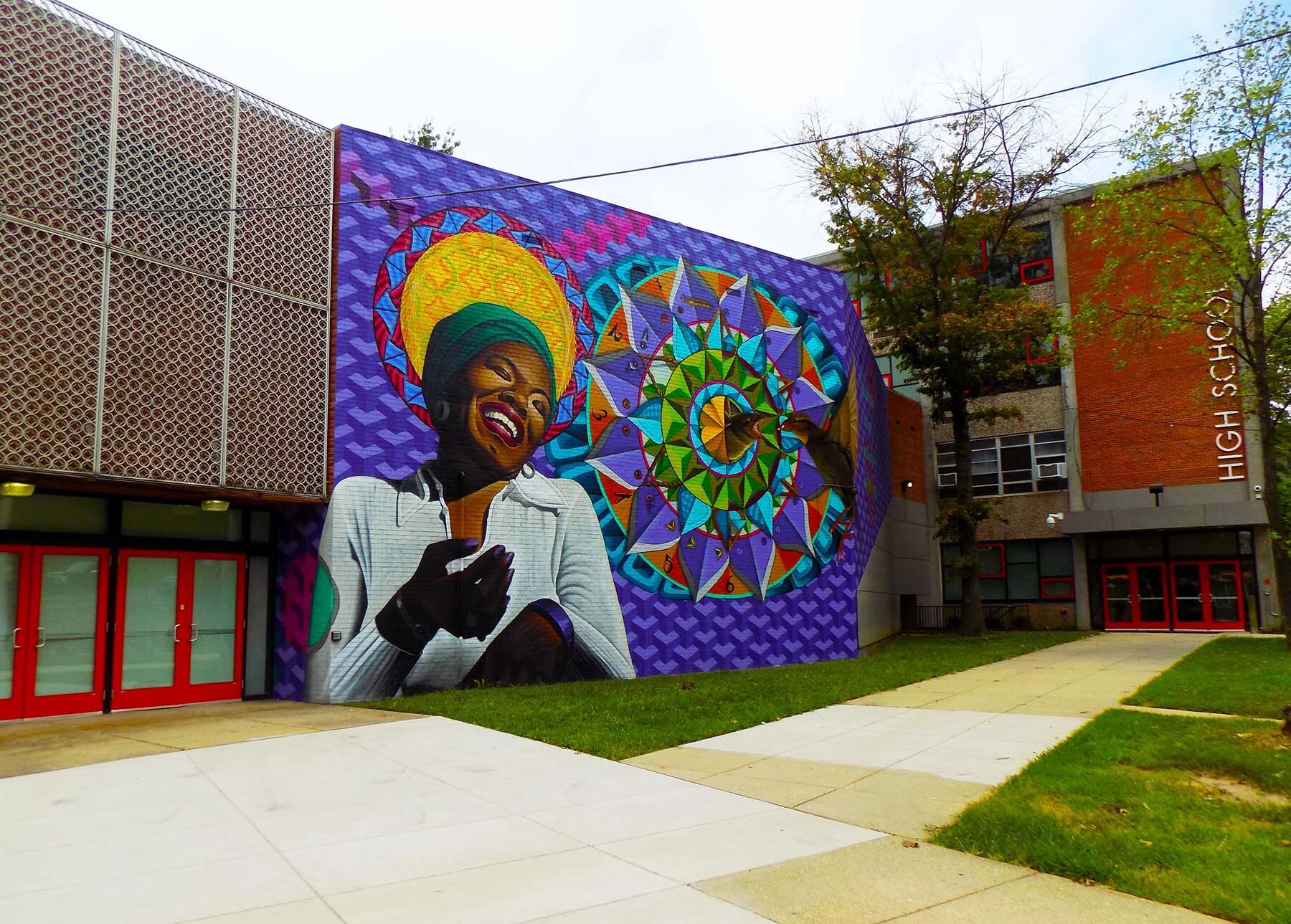
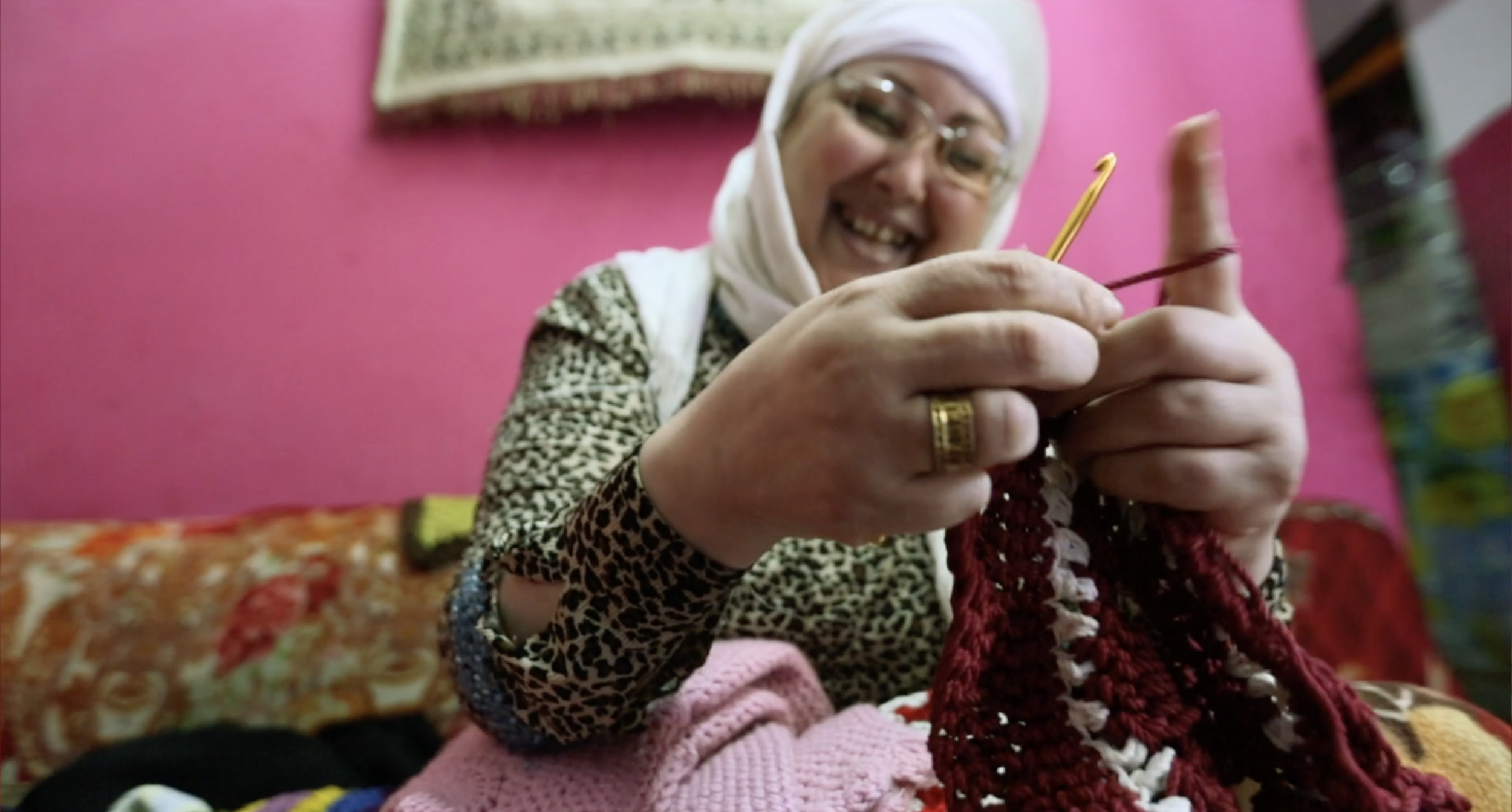


2005
In 2005, KAF expanded its efforts globally by partnering with organizations to assist refugees, improve education, provide quality healthcare, and fight poverty and disease worldwide. In 2005, KAF raised more than $1 million to benefit USA for UNHCR in its efforts to assist Iraqi refugees, mainly women and children, wishing to return home.

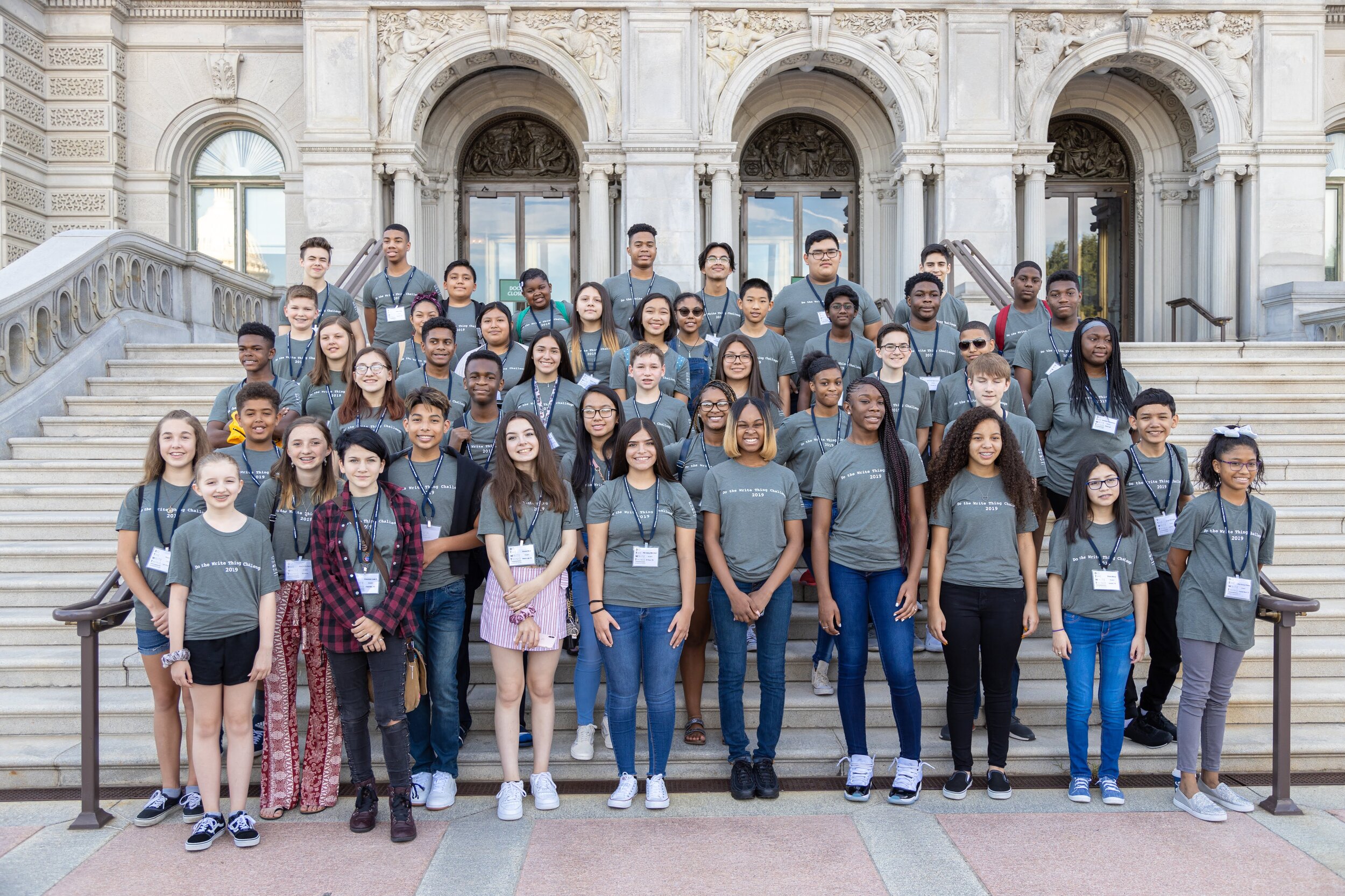
1996
Following the establishment of KAF in 1991, several ideas were presented to the KAF board as they sought to focus building a stronger relationship with the U.S. with an emphasis on education and reducing violence. In 1994, the pilot program of Do the Write Thing (DtWT) was launched. It was such a success that in 1996, DtWT was expanded to include many other cities across the United States. During that same year, KAF invited other U.S. organizations and institutions to become involved in expanding and advancing DtWT, thus creating the National Campaign to Stop Violence (NCSV), a 501(c)(3), private, non-profit organization. DtWT has been the flagship initiative of NCSV since 1996 and continues to encourage youth to examine and write about the personal effects of youth violence.

1995
In July of 1995, KAF and the Greater Washington Urban League (GWUL) formed the Do the Write Thing Community Peace Partnership to administer a Washington D.C. DtWT Internship Program. Through an eight-week summer program that included three weeks of corporate internships and three weeks of community-based organization internships, participants were offered positive experiential employment opportunities and leadership development.
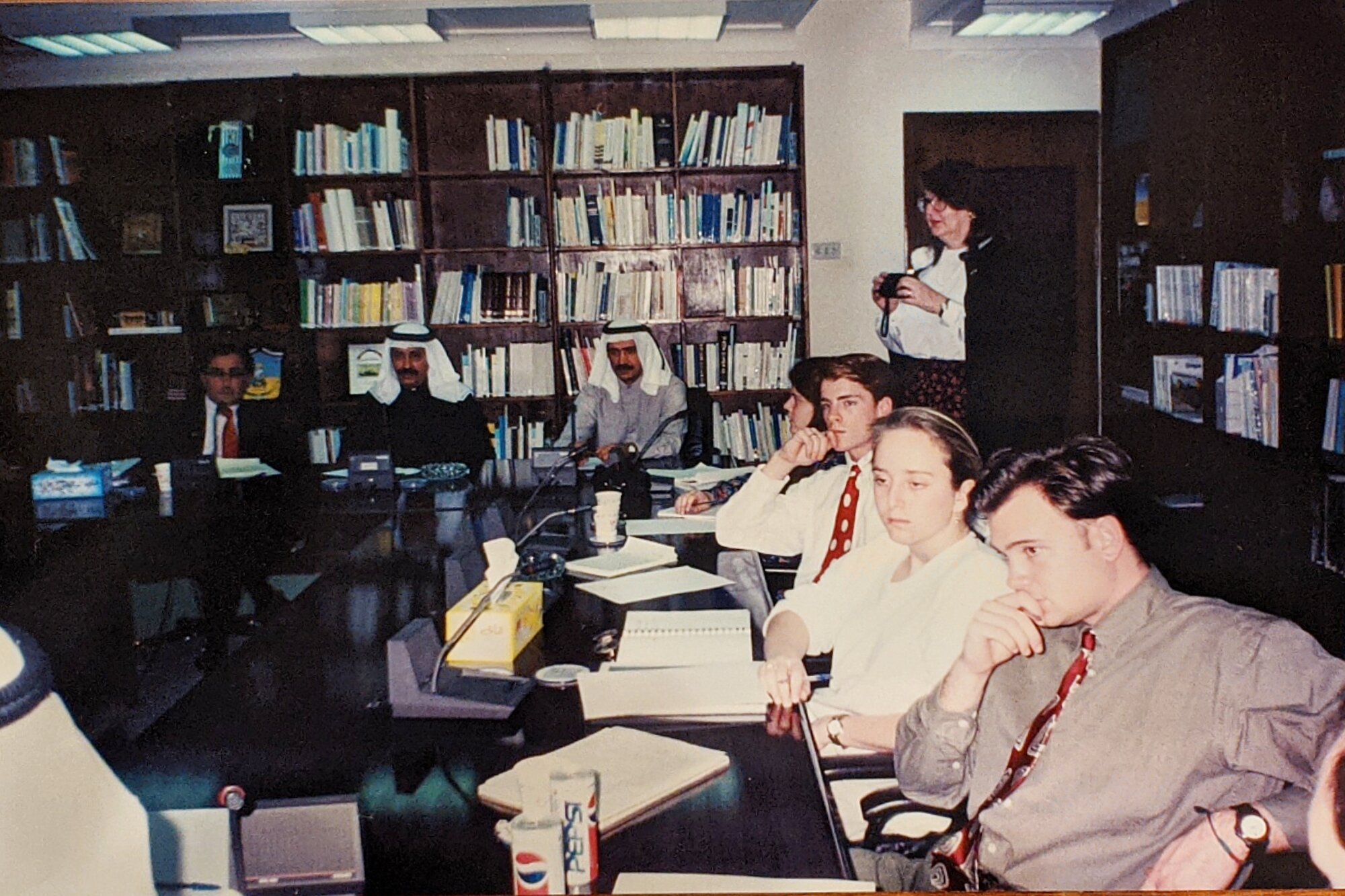
1994
In the spring of 1994, KAF launched a pilot program called Do the Write Thing (DtWT) in Washington, D.C. DtWT is a unique education program designed to give middle school students an outlet to communicate in classroom discussions and written form how violence impacts their daily lives. In addition to exposing the causes and impact of violence, students are asked to identify what they will do to address these problems. By emphasizing personal responsibility, DtWT ultimately seeks to empower young people to reduce violence in their communities.
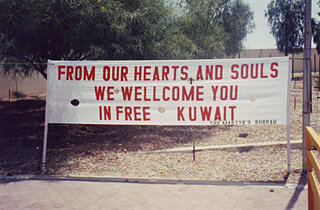
1993
At the end of April 1993, approximately 200 family members of Americans who lost their lives in the effort to liberate Kuwait visited Kuwait for one week. The participants experienced first-hand the country which members of their families had fought to free, becoming acquainted with the many Kuwaiti families who, like themselves, had also lost loved ones during the Gulf War. During their stay in Kuwait, the relatives (mostly wives and mothers) of the fallen American soldiers met with countless Kuwaiti officials eager to meet and host separate ceremonies for them. They also had the opportunity to meet with typical Kuwaiti families, who hosted luncheons in their homes for every single family, during which they spent hours conversing and providing the Americans with an up-close view of the society their relatives had given their lives to save. Several Desert Peace participants explained that the experience, more than any effort made by the U.S. government to console them for their loss, helped them to understand the people their loved ones had died to liberate.

1992
In early 1992, Dr. Hassan Al-Ebraheem, Chairman of the Kuwait-America Foundation, together with Pam Hall, an American living in Kuwait, created the Desert Peace Program, “to bring to Kuwait families of Americans who had lost their lives in the the effort to liberate Kuwait.” One of KAF's first activities was in conjunction with the Kuwaiti Association to Defend War Victims (KADWA). The two organizations co-hosted a reception in Washington, D.C. for a delegation of fifteen Kuwaiti associations visiting Washington, D.C. Dr. Ghanim Al-Najjar, KADWA's chairman, led the delegation of board members who represented Kuwaiti doctors, lawyers, sociologists, accountants, pilots, economists, engineers, university graduates, labor leaders and others. The delegation met with human rights groups, religious groups, POW/MIA associations, and U.S. government officials. Dr. Al-Najjar described the visit's primary purpose as "an opportunity to thank the American people for their tremendous support and sacrifice in pursuit of the liberation of our peaceful nation."

1991
Kuwait-America Foundation (KAF) was established in May 1991. Following Kuwait’s liberation in February 1991, KAF was founded to create and administer humanitarian, cultural and educational programs in the United States as gratitude to the American people for their enduring support and friendship.
